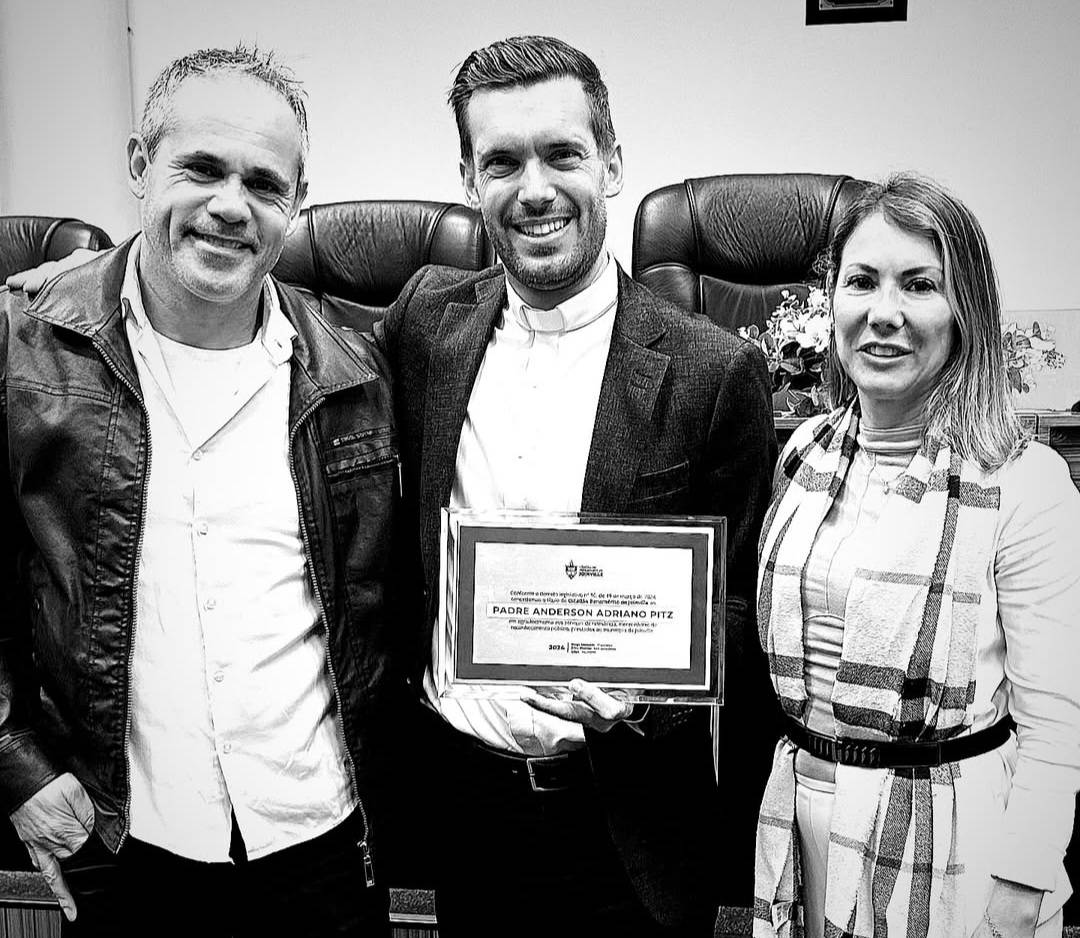ROME – One of America’s leading watchdog groups on behalf of journalists has spoken out against a series of criminal lawsuits against a Peruvian journalist, saying these and other similar cases are proof that the Peruvian criminal justice system is being used to target and silence reporters.
Speaking to Crux, Natalie Southwick, South and Central Americas’ Program Coordinator for the Committee to Protect Journalists (CPJ), said the organization is “absolutely concerned” with a series of criminal defamation complaints against journalist Paola Ugaz over her ongoing investigation of a controversial Catholic lay group.
Both Ugaz’s case and several other defamation suits which have arisen over the past year directed at journalists “seem specifically designed to target and discourage critical reporting,” Southwick said.
“Peru’s criminal defamation laws are consistently weaponized against critical investigative journalists by powerful individuals or entities, from corrupt politicians to the Catholic Church, who want to prevent them from bringing certain stories to light,” she said, adding that in her view, the only way to stop the “troubling trend” is for legislation to be passed in Peru “outlawing criminal defamation and making it a case for civil courts instead.”
Southwick’s comments come just days after Ugaz was slapped with another criminal defamation suit, her fifth one since last October. Each of them was filed by individuals related to her investigations.
RELATED: Peruvian journo’s legal woes expand for reporting on controversial lay movement
(In the Peruvian system, it doesn’t require a District Attorney to file a criminal complaint for certain offenses, including defamation; one can be registered by a private citizen.)
Ugaz’s reporting specifically involves the Sodalitium Christianae Vitae (SCV), one of the best-known and most contested religious groups in Latin America. It was established in Peru in the 1970s by Peruvian layman Luis Fernando Figari, who is accused of physical, psychological and sexual abuses and was prohibited by the Vatican in 2017 from having further contact with members of the group.
Ugaz and colleague Pedro Salinas in 2015 co-authored the book Half Monks, Half Soldiers, detailing years of sexual, psychological and physical abuse inside the SCV. She has continued to investigate the group and is expected to publish a new book detailing financial misdealing within the order, but publication has been delayed by her ongoing legal woes.
The first case against her was made by Archbishop Jose Antonio Eguren Anselmi of Piura, a member of the SCV, who filed defamation complaints against both Salinas and Ugaz, charging Ugaz specifically for a series of tweets about him ahead of a papal trip to Peru and for her role in the Al-Jazeera documentary, which named Eguren Anselmi as part of a land trafficking scandal.
Salinas was found guilty in April, but shortly afterwards Eguren Anselmi retracted his complaints following backlash from civil society as well as the local Church hierarchy. Ugaz’s case, which had been transferred to Lima, was closed in August.
However, Ugaz has remained the target of several other cases, the most recent of which was filed by Carlos Alberto Gómez de la Torre Pretell, who works with a real estate company attached to the SCV that was reportedly caught up in a land trafficking scandal in Piura.
Gómez is the same figure who charged Ugaz last May in a separate complaint for false testimony in a criminal procedure against a colleague of Ugaz. The penalties he is asking for in his latest complaint amount to a 3-year prison sentence and some $600,000 in fines.
In the aftermath of Eguren Anselmi’s cases against Salinas and Ugaz, Alberto de Belaunde, a congressman in Peru’s leftist “Bancada Liberal” party and head of a government commission investigating institutional cases of abuse, including the SCV, announced that his party had put forward a bill to decriminalize so-called honor crimes, specifying that defamation cases would be tried in civil rather than criminal courts.
In an April 10 press release, de Belaunde said the new legislation “will provide greater protection to both the right to free expression and the right to honor, promoting the prompt resolution of conflicts generated.”
RELATED: Free press watchdog calls Peru prelate’s charges ‘really concerning’
It is unclear whether the bill has moved forward. Crux’s attempts to reach de Belaunde for clarification have been unsuccessful.
However, should it pass, the bill would not only cover Ugaz’s case, but others with similar, crippling cases involving journalists targeted for their investigations, such as the ongoing legal battles involving independent Peruvian Ojo Público and the La República newspaper.
In April of this year the CPJ spoke out against a Peruvian court order that assets belonging to Ojo Público, its executive director Óscar Castilla, and La República investigative reporter Edmundo Cruz be frozen while a criminal defamation complaint against them is heard.
The order was part of a case filed against Ojo Público in response to a series of stories they published in 2016 on a prestigious Peruvian-American named Miguel Arévalo Ramírez, who has ties to one of the country’s main political parties and was said to have been under investigation by both U.S. and Peruvian authorities for money laundering, however, neither U.S. nor Peruvian officials have publicly confirmed the investigation.
According to various news reports, since 2016 Arévalo has filed around 10 criminal defamation suits with fines amounting to some $500 million in damages from Ojo Público, La República, and other Peruvian news outlets that reported the allegations.
In her comments to Crux, Southwick said the CPJ had initially offered both Salinas and Ugaz financial assistance through a partner organization to help alleviate the burden of the costly court fees and trips back and forth from Lima to the tribunal in Piura.
Though she is unsure whether the support actually made it to Ugaz and Salinas since Eguren Anselmi’s charges against them were dropped around the same time, she said Ugaz’s ongoing legal cases “are very concerning,” and the organization is evaluating whether to revisit the offer for support in light of the continued suits.
Based in New York, the Committee to Protect Journalists was established in 1981. Under then-Honorary Chairman Walter Cronkite, the group was instrumental in defending three British journalists arrested in Argentina while covering the Falklands War.
Follow Elise Harris on Twitter: @eharris_it
Crux is dedicated to smart, wired and independent reporting on the Vatican and worldwide Catholic Church. That kind of reporting doesn’t come cheap, and we need your support. You can help Crux by giving a small amount monthly, or with a onetime gift. Please remember, Crux is a for-profit organization, so contributions are not tax-deductible.
















